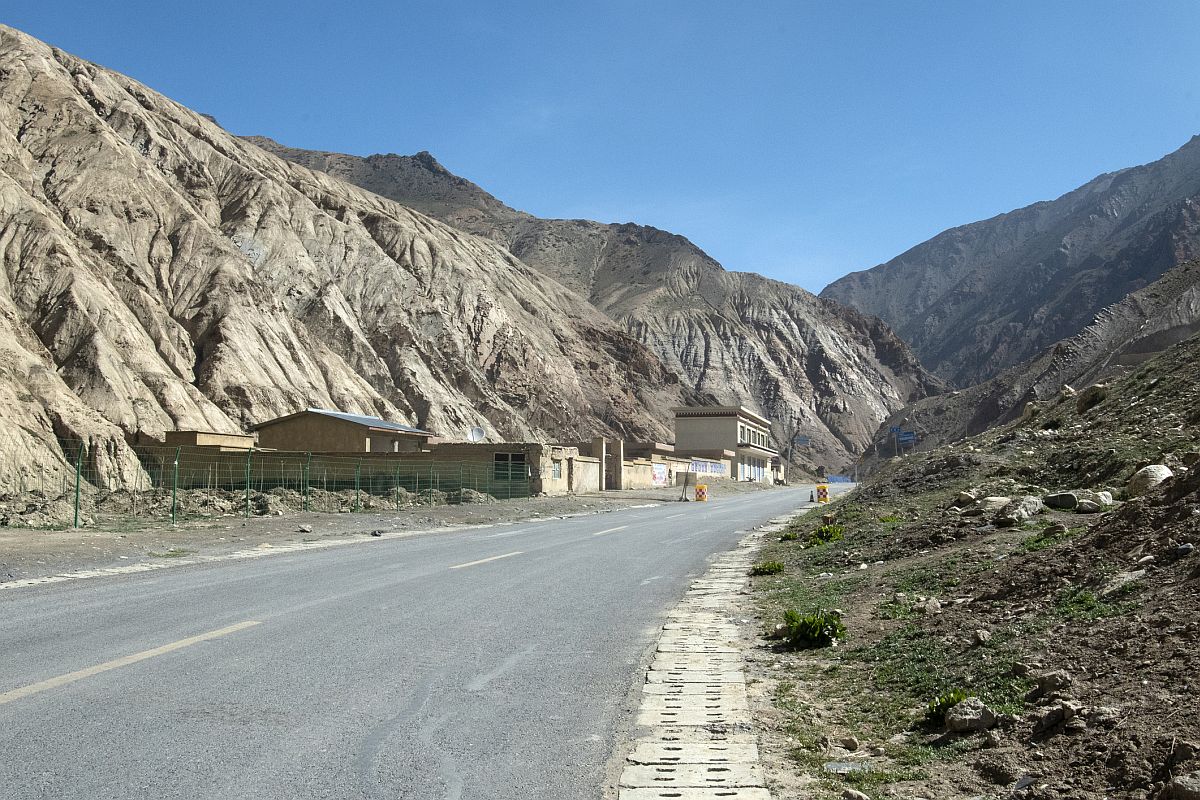The Indian army chief, General MM Naravane, has been remarkably diplomatic while alluding to the raging controversy between India and Nepal when both countries are grappling with a health catastrophe.
The latter, he claimed, was objecting to the Indian road to Kailash and Mansarovar via the Liupulekh pass at “someone else’s behest”. In contrast to the bullish, blustering and baffling diplomacy across the border, the General has been careful, calibrated and clear.
There is little doubt that he was alluding to China’s intent to stir the murky waters, though whether or not the Army chief has exceeded his remit by commenting on intra-Saarc equations is a matter that need not detain us here. The controversy recalls how Nepal had nudged towards China while accepting assistance in the wake of the earthquake in 2016 and in the process had rejected the package from India.
Now Nepal’s Prime Minister, KP Sharma Oli, has enhanced the bilateral murk by wondering aloud whether India subscribed to the declaration of satyamev jayate in its emblem. In parallel, Nepal’s cartographers have choreographed a new map that includes three disputed areas ~ Kalapani, Lipulekh and Limpiyadhura ~ as part of Nepal’s territory.
Both developments have deepened the friction following India’s inaugural of the road from Lipulekh to Kailash Mansarovar. It hardly needs to be underlined that it is an intensely emotive issue for both countries, one that urgently calls for negotiations and a settlement at the high table.
Faced with the coronavirus pandemic and the withering effects of the cyclone, this isn’t arguably the right time for a meeting on a road towards a perceived pilgrimage to paradise. In his address to the country’s Parliament last Wednesday, Mr Oli sounded both combative and conciliatory.
While he stressed the need for talks, he didn’t hesitate to launch a sniper attack on India. He has even attempted to confuse issues, saying that “the coronavirus coming from India was more lethal than the virus from China and Italy”.
The unsubstantiated swipe comes after India donated the anti-malaria drug (HCQ) to Nepal for dealing with Covid-19. Reports suggest that Mr Oli has been criticised within his country for allowing India to lay the road in Lipulekh.
While playing to the nationalist gallery, the Prime Minister resented General Naravane’s contention that Nepal had objected to the new road at “somebody else’s behest”.
Mr Oli clarified that his government was only articulating the national sentiment, was claiming what belongs to the country, and was not raising the issue “under pressure from elsewhere”.
Ever since the days of the British, there is a historical bonding between the armies of India and Nepal, one that neither country can gloss over. It bears recall that Nepal had once provided troops to the Gorkha regiments of the British Indian army.










